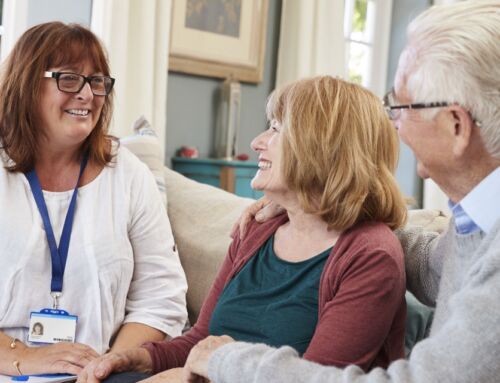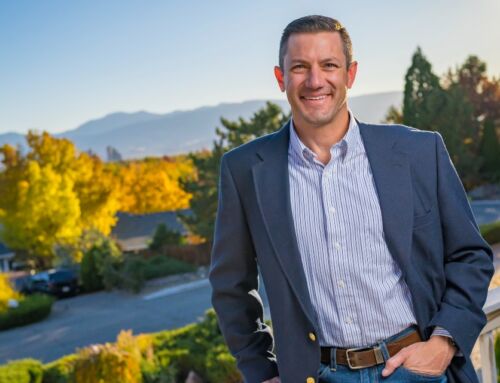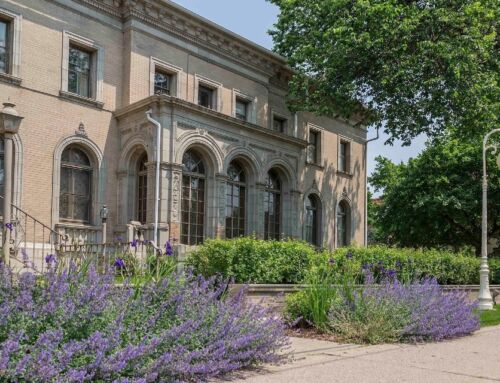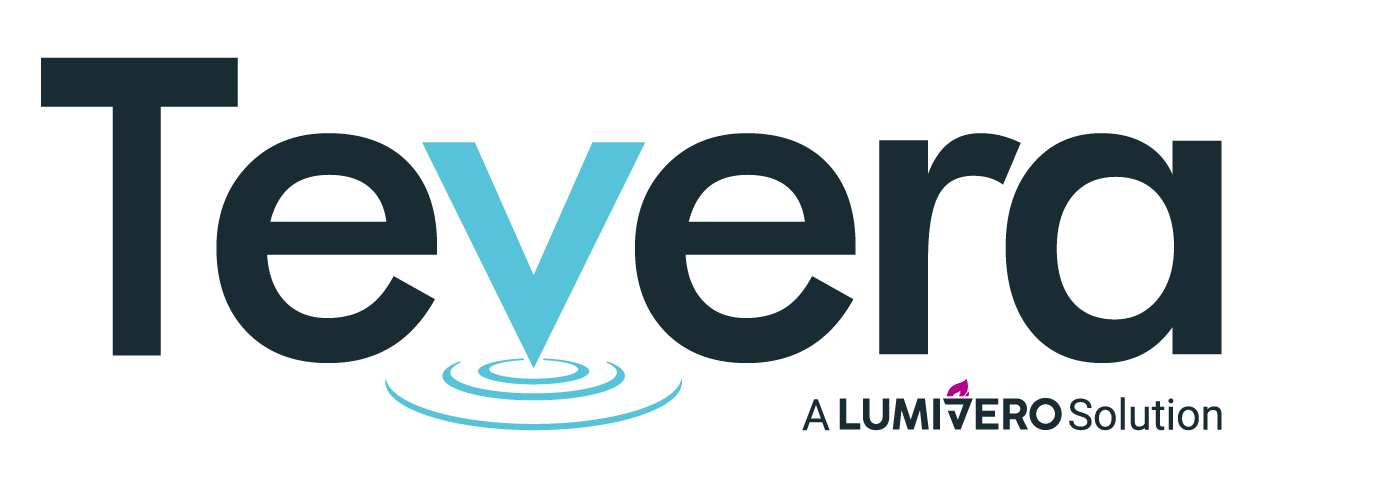OVERVIEW
We had the pleasure of sitting down with Tamie Gangloff, the National Outreach Director of Monte Nido and Affiliates to talk about career transitions, following your calling, and how finding the right job can feel like coming home.
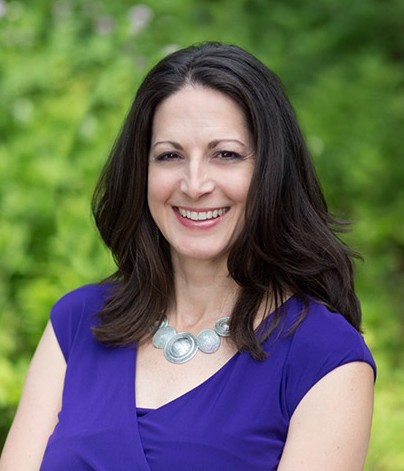
Tamie Gangloff, MA MFT
National Outreach Director
Monte Nido & Affiliates
Q: What are some of your favorite parts of your job?
Being able to help other counselors do the same is hugely fulfilling. For instance, I had a student reach out to me a few months ago and was able to connect her with some local outpatient providers who helped her. And now, she’s seeing some of our patients.
It’s a unique, challenging field to get into and stay in, and so anything I can do to support someone, is what I love about it. I love the training aspect of my role because I get to help people grow. It’s also my job to know all the people so I know who to refer somebody to. I’m not going to refer you to a therapist I wouldn’t send my family to. So that’s a lot of what we do in outreach is really getting to know, not just the other treatment facilities, but also really getting to know those outpatient providers.
Q: What inspired you to go into this field?
Right out of college, I went into the mortgage field in sales and corporate recruiting. But as I progressed in my recovery, I realized nobody really spoke out about eating disorders, and so I started to get involved with that and started to lead some free support groups.
I am [eating disorder] recovered myself and have been sober for 24 years. I think there are many people who, like myself, have their personal experiences that inspire them to then go help others.
Q: What drew you to Monte Nido?
What drew me to our founder and to Monte Nido was that right on the website it said treatment by recovered professionals. And so I knew it was okay to talk about it because the mental health field is tricky in that, how do we still have a boundary, but also disclose things that could be really helpful for somebody else’s recovery?
Knowing that I could use my own experience to help others and could be, as appropriate, open about it, really drew me in.
Q: If you had a magic wand, how would you shape the future of the industry?
I would have all types of insurance cover, all levels of care. We are always working to change these systems on the national government level.
Q: How do you balance that need for standardization with necessary provider differentiation?
I think part of it is the collaboration among treatment providers. I have found that our treatment centers really collaborate well together. We don’t want every program to be the same, because people need different things in their treatments. The goal of all treatment centers is evidence-based treatment. You want clients to have a full spectrum of treatments. If somebody needs residential treatment, we want them to then go to partial hospitalization intensive outpatient treatment afterward. That continuum of care is really what’s proven effective for long-term recovery. So that’s the goal, whether somebody goes to treatment with somebody else afterward or not.
Q: You have a unique career path and a really beautiful story of how you’ve ended up with Monte Nido. Can you tell me more about that?
I feel like Monte Nido chose me. I had been in Arizona, considering what my next move was. I had previously been in mortgages and given my own recovery story, had been feeling more and more called to go into counseling. I felt drawn to California and looked at Antioch University in Santa Barbara, and it was just one of the two schools I think I looked at and I loved it. It was this little tiny campus and we were in small cohorts. I just really loved it.
The program was a clinical psychology program with an emphasis on marriage and family therapy. I love my school so much. It was really a lot of hands-on learning, not just studying and taking tests, which I feel is maybe not the most effective for our field.
About halfway through my program, I started talking to Monte Nido about some interning, and ended up being able to work at the original California location and a second, newer one in the area.
I started out as an MFT trainee. So if you’re a therapist in the residential treatment program, you’re in the kitchen slicing apples and making tuna fish sandwiches, but the cool thing is that I got to do everything with clients. So before I was seeing clients individually, I was still sitting in on groups eating meals with clients, which is super important to be in the kitchen with them, eating meals together. You learn a lot about somebody when they do that, and really offer support that you just can’t offer anywhere else.
We heal relationships with other people, and so that’s really what we got to foster there is that healing the relationship with us, and we’re transitioning that healing, to healing in relationship with you and your family and friends outside of treatment.
Q: What is it about Monte Nido that keeps you coming back and excites you so much?
So I was there for about a year and a half total, and then I moved back to the East Coast because my family’s here. When I finished school, I was a primary therapist and started seeing individual clients. But I always feel more drawn to working with eating disorders.
And so when I heard that Monte Nido’s coming to town through the grapevine, I reached out to my old clinical director and I said, “Hey, I heard Monte Nido is opening a program in the Philadelphia area, I want in,” because to me it felt like going back home.
Thank you Tamie for sharing your experience with us!
SOLUTIONS
RELATED POSTS
PRODUCT OVERVIEW
See how Tevera can elevate your program.
OVERVIEW
We had the pleasure of sitting down with Tamie Gangloff, the National Outreach Director of Monte Nido and Affiliates to talk about career transitions, following your calling, and how finding the right job can feel like coming home.

Tamie Gangloff, MA MFT
National Outreach Director
Monte Nido & Affiliates
Q: What are some of your favorite parts of your job?
Being able to help other counselors do the same is hugely fulfilling. For instance, I had a student reach out to me a few months ago and was able to connect her with some local outpatient providers who helped her. And now, she’s seeing some of our patients.
It’s a unique, challenging field to get into and stay in, and so anything I can do to support someone, is what I love about it. I love the training aspect of my role because I get to help people grow. It’s also my job to know all the people so I know who to refer somebody to. I’m not going to refer you to a therapist I wouldn’t send my family to. So that’s a lot of what we do in outreach is really getting to know, not just the other treatment facilities, but also really getting to know those outpatient providers.
Q: What inspired you to go into this field?
Right out of college, I went into the mortgage field in sales and corporate recruiting. But as I progressed in my recovery, I realized nobody really spoke out about eating disorders, and so I started to get involved with that and started to lead some free support groups.
I am [eating disorder] recovered myself and have been sober for 24 years. I think there are many people who, like myself, have their personal experiences that inspire them to then go help others.
Q: What drew you to Monte Nido?
What drew me to our founder and to Monte Nido was that right on the website it said treatment by recovered professionals. And so I knew it was okay to talk about it because the mental health field is tricky in that, how do we still have a boundary, but also disclose things that could be really helpful for somebody else’s recovery?
Knowing that I could use my own experience to help others and could be, as appropriate, open about it, really drew me in.
Q: If you had a magic wand, how would you shape the future of the industry?
I would have all types of insurance cover, all levels of care. We are always working to change these systems on the national government level.
Q: How do you balance that need for standardization with necessary provider differentiation?
I think part of it is the collaboration among treatment providers. I have found that our treatment centers really collaborate well together. We don’t want every program to be the same, because people need different things in their treatments. The goal of all treatment centers is evidence-based treatment. You want clients to have a full spectrum of treatments. If somebody needs residential treatment, we want them to then go to partial hospitalization intensive outpatient treatment afterward. That continuum of care is really what’s proven effective for long-term recovery. So that’s the goal, whether somebody goes to treatment with somebody else afterward or not.
Q: You have a unique career path and a really beautiful story of how you’ve ended up with Monte Nido. Can you tell me more about that?
I feel like Monte Nido chose me. I had been in Arizona, considering what my next move was. I had previously been in mortgages and given my own recovery story, had been feeling more and more called to go into counseling. I felt drawn to California and looked at Antioch University in Santa Barbara, and it was just one of the two schools I think I looked at and I loved it. It was this little tiny campus and we were in small cohorts. I just really loved it.
The program was a clinical psychology program with an emphasis on marriage and family therapy. I love my school so much. It was really a lot of hands-on learning, not just studying and taking tests, which I feel is maybe not the most effective for our field.
About halfway through my program, I started talking to Monte Nido about some interning, and ended up being able to work at the original California location and a second, newer one in the area.
I started out as an MFT trainee. So if you’re a therapist in the residential treatment program, you’re in the kitchen slicing apples and making tuna fish sandwiches, but the cool thing is that I got to do everything with clients. So before I was seeing clients individually, I was still sitting in on groups eating meals with clients, which is super important to be in the kitchen with them, eating meals together. You learn a lot about somebody when they do that, and really offer support that you just can’t offer anywhere else.
We heal relationships with other people, and so that’s really what we got to foster there is that healing the relationship with us, and we’re transitioning that healing, to healing in relationship with you and your family and friends outside of treatment.
Q: What is it about Monte Nido that keeps you coming back and excites you so much?
So I was there for about a year and a half total, and then I moved back to the East Coast because my family’s here. When I finished school, I was a primary therapist and started seeing individual clients. But I always feel more drawn to working with eating disorders.
And so when I heard that Monte Nido’s coming to town through the grapevine, I reached out to my old clinical director and I said, “Hey, I heard Monte Nido is opening a program in the Philadelphia area, I want in,” because to me it felt like going back home.
Thank you Tamie for sharing your experience with us!
OVERVIEW
We had the pleasure of sitting down with Tamie Gangloff, the National Outreach Director of Monte Nido and Affiliates to talk about career transitions, following your calling, and how finding the right job can feel like coming home.

Tamie Gangloff, MA MFT
National Outreach Director
Monte Nido & Affiliates
Q: What are some of your favorite parts of your job?
Being able to help other counselors do the same is hugely fulfilling. For instance, I had a student reach out to me a few months ago and was able to connect her with some local outpatient providers who helped her. And now, she’s seeing some of our patients.
It’s a unique, challenging field to get into and stay in, and so anything I can do to support someone, is what I love about it. I love the training aspect of my role because I get to help people grow. It’s also my job to know all the people so I know who to refer somebody to. I’m not going to refer you to a therapist I wouldn’t send my family to. So that’s a lot of what we do in outreach is really getting to know, not just the other treatment facilities, but also really getting to know those outpatient providers.
Q: What inspired you to go into this field?
Right out of college, I went into the mortgage field in sales and corporate recruiting. But as I progressed in my recovery, I realized nobody really spoke out about eating disorders, and so I started to get involved with that and started to lead some free support groups.
I am [eating disorder] recovered myself and have been sober for 24 years. I think there are many people who, like myself, have their personal experiences that inspire them to then go help others.
Q: What drew you to Monte Nido?
What drew me to our founder and to Monte Nido was that right on the website it said treatment by recovered professionals. And so I knew it was okay to talk about it because the mental health field is tricky in that, how do we still have a boundary, but also disclose things that could be really helpful for somebody else’s recovery?
Knowing that I could use my own experience to help others and could be, as appropriate, open about it, really drew me in.
Q: If you had a magic wand, how would you shape the future of the industry?
I would have all types of insurance cover, all levels of care. We are always working to change these systems on the national government level.
Q: How do you balance that need for standardization with necessary provider differentiation?
I think part of it is the collaboration among treatment providers. I have found that our treatment centers really collaborate well together. We don’t want every program to be the same, because people need different things in their treatments. The goal of all treatment centers is evidence-based treatment. You want clients to have a full spectrum of treatments. If somebody needs residential treatment, we want them to then go to partial hospitalization intensive outpatient treatment afterward. That continuum of care is really what’s proven effective for long-term recovery. So that’s the goal, whether somebody goes to treatment with somebody else afterward or not.
Q: You have a unique career path and a really beautiful story of how you’ve ended up with Monte Nido. Can you tell me more about that?
I feel like Monte Nido chose me. I had been in Arizona, considering what my next move was. I had previously been in mortgages and given my own recovery story, had been feeling more and more called to go into counseling. I felt drawn to California and looked at Antioch University in Santa Barbara, and it was just one of the two schools I think I looked at and I loved it. It was this little tiny campus and we were in small cohorts. I just really loved it.
The program was a clinical psychology program with an emphasis on marriage and family therapy. I love my school so much. It was really a lot of hands-on learning, not just studying and taking tests, which I feel is maybe not the most effective for our field.
About halfway through my program, I started talking to Monte Nido about some interning, and ended up being able to work at the original California location and a second, newer one in the area.
I started out as an MFT trainee. So if you’re a therapist in the residential treatment program, you’re in the kitchen slicing apples and making tuna fish sandwiches, but the cool thing is that I got to do everything with clients. So before I was seeing clients individually, I was still sitting in on groups eating meals with clients, which is super important to be in the kitchen with them, eating meals together. You learn a lot about somebody when they do that, and really offer support that you just can’t offer anywhere else.
We heal relationships with other people, and so that’s really what we got to foster there is that healing the relationship with us, and we’re transitioning that healing, to healing in relationship with you and your family and friends outside of treatment.
Q: What is it about Monte Nido that keeps you coming back and excites you so much?
So I was there for about a year and a half total, and then I moved back to the East Coast because my family’s here. When I finished school, I was a primary therapist and started seeing individual clients. But I always feel more drawn to working with eating disorders.
And so when I heard that Monte Nido’s coming to town through the grapevine, I reached out to my old clinical director and I said, “Hey, I heard Monte Nido is opening a program in the Philadelphia area, I want in,” because to me it felt like going back home.
Thank you Tamie for sharing your experience with us!





